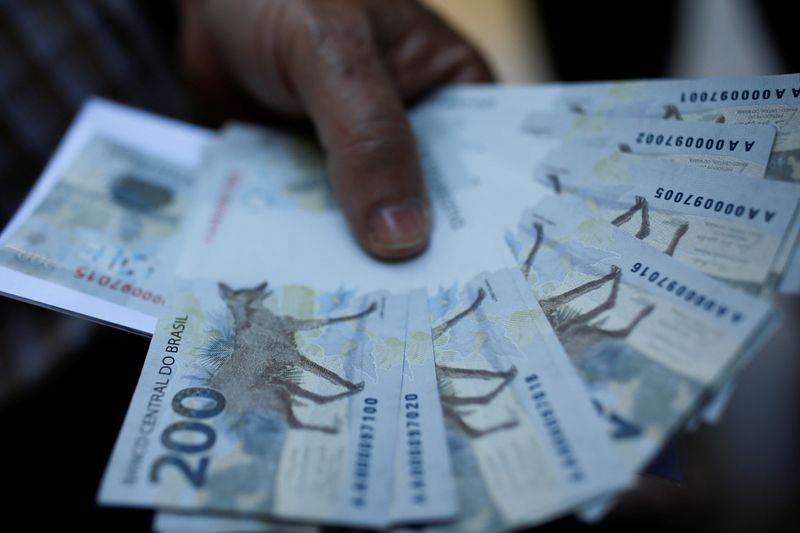BRASILIA (Reuters) - Brazil's government proposed tightening the screws on habitual tax evaders in a bill it sent to Congress this week, suggesting a broad new framework to promote tax compliance.
The package includes defining technical criteria for habitual tax evaders, and closing loopholes that typically prevented their arrest.
"In Brazil, almost no one has ever been arrested for crimes against tax order," tax revenue secretary Robinson Barreirinhas told a press conference on Friday, noting that until now, such cases resulted in taxpayers simply paying the debt to suspend punishment.
Under the proposed rules, yet to be approved by lawmakers, there would no longer be a right to extinguish punishment if the debt is paid.
Barreirinhas revealed that those with irregular debts exceeding 15 million reais ($3 million) and surpassing their assets will be considered habitual debtors. If they choose not to regularize their situation, they will be listed in a registry.
According to the tax revenue service, around 1,000 Brazilian taxpayers fall into this category, accounting for approximately 100 billion reais ($20 billion) in debt.
The bill introduces several other changes, including transparency on those benefiting from tax incentives.
The goal is to enable the government to comply with a constitutional directive that, in 2021, mandated the reduction of tax benefits from 4.5% of Gross Domestic Product (GDP) to 2% over an eight-year period.
"We are not eliminating the tax benefit. We are providing governance over this benefit. We will see who is benefiting, who is using it, and, with this, verify if they really have the right to it," said Barreirinhas.
The bill will also include programs to encourage tax compliance by companies, offering benefits for self-regularization. Barreirinhas said the package of measures would need to be in place for some time to boost government income significantly.
($1 = 4.9481 reais)
